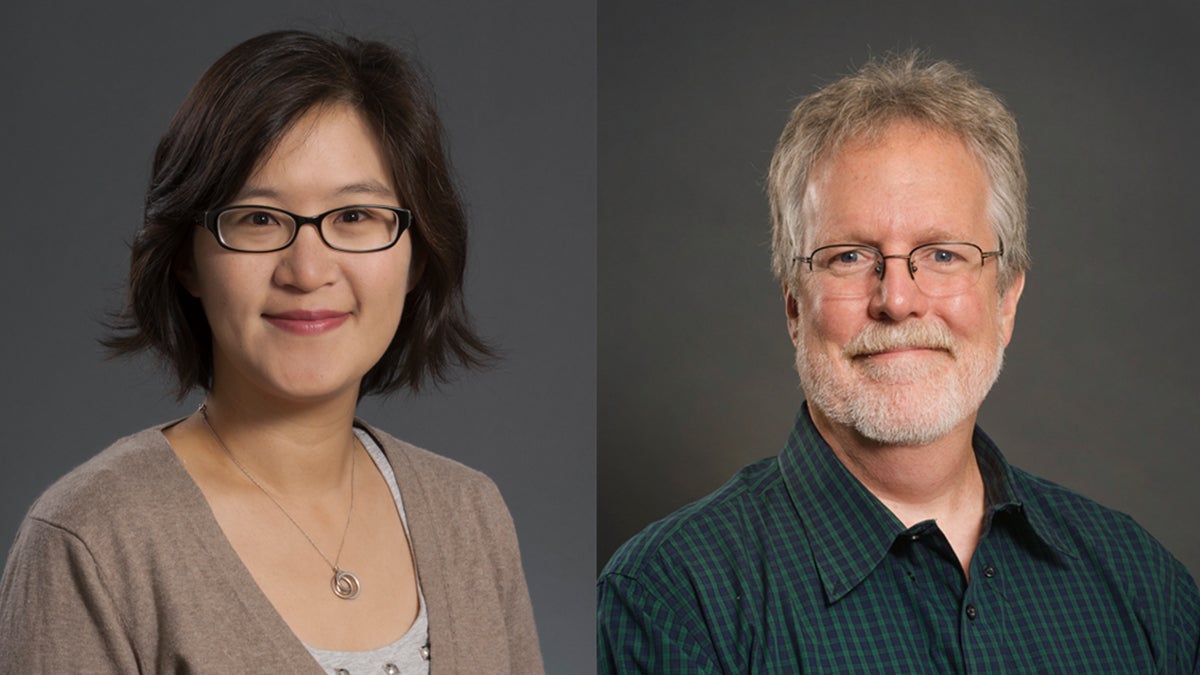
A team of Boise State researchers recently received a grant of $1,999,918 from the National Science Foundation to engage prospective elementary teachers’ mathematical learning through STEM inquiry and experiential learning. The goal of the research is to improve prospective elementary teachers’ engagement through innovative, interdisciplinary, and inquiry-based approaches to address the pressing needs for integration of multiple disciplines in science, technology, engineering, and mathematics education.
The Boise State team is led by Sasha Wang, a professor of mathematics alongside: Min Long, an assistant professor of computer science, Claire Xiong, an associate professor of material science and engineering, Carl Siebert, an associate professor in the Department of Curriculum, Instruction, and Foundational Studies, and Yu-Hui Ching, an associate professor of educational technology.*
This grant will also empower interdisciplinary collaboration across STEM fields, including mathematics, computer science, and materials science and engineering, across four different universities in four different states. The Boise State team will take a leadership role in collaboration with Augusta University, the University of Texas at San Antonio, and Kapi’olani Community College.
To conduct this research, the collaborators will implement and test an innovative course design model referred to as “ACE,” an acronym for “applying, connecting, experiencing.” Using the ACE model, the pre-service elementary teachers will engage in mathematics learning by applying learned knowledge and skills to the practice of teaching; connecting crosscutting concepts through STEM inquiries and practices, and experiencing community-based experiential learning to enhance their attitudes and beliefs toward mathematics teaching and learning.
“The project will elevate approximately 900 underserved pre-service elementary teachers’ learning experiences in acquiring mathematics knowledge through STEM inquiries, and exploring the role of mathematics in other STEM disciplines,” Wang said.
The ACE model will be implemented and tested through mathematics content courses for preservice elementary teachers at the four higher educational institutions, all of which serve a large number of underrepresented minority students.
“This award will empower us to build the capacity of STEM education in four states, and increase exposure of 1,800 underserved elementary school students through sustainable community partnerships,” Wang said.
The Boise State team builds sustainable outreach STEM programs serving elementary and middle school students through collaboration with community partners Boise Parks and Recreation Department’s after-school programs. The team is working on ways to serve more students.
*College of Education research assistant Paula Yeomans and research associates Meagan Haynes and Harrisen Hagens are assisting Carl Siebert on the project.
-Story originally published September 27, 2021 by Boise State News